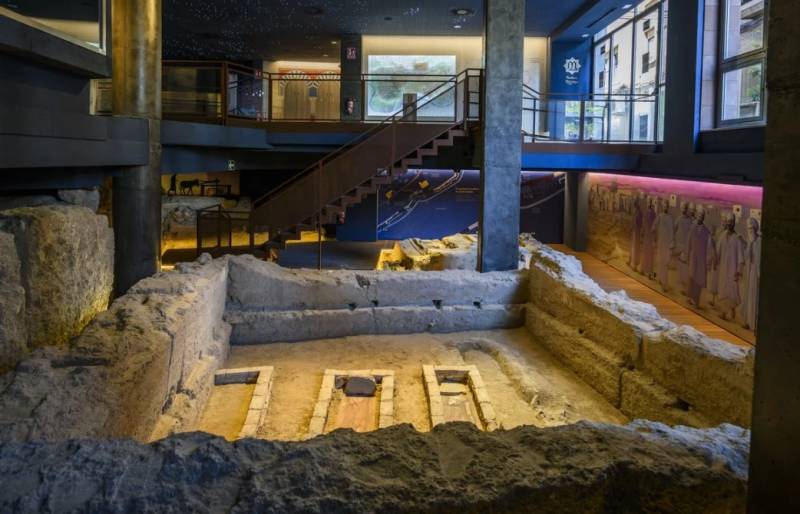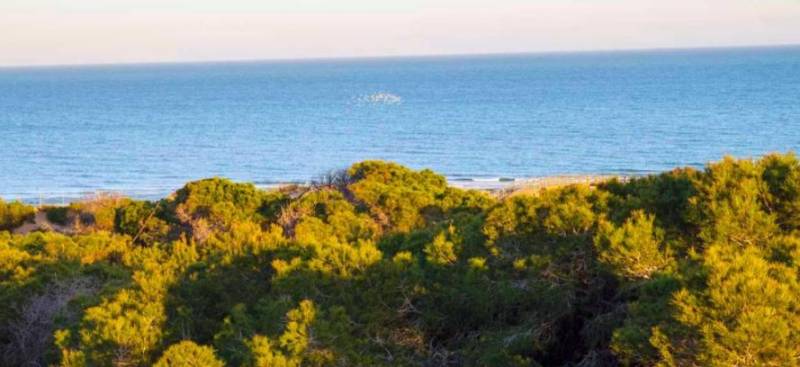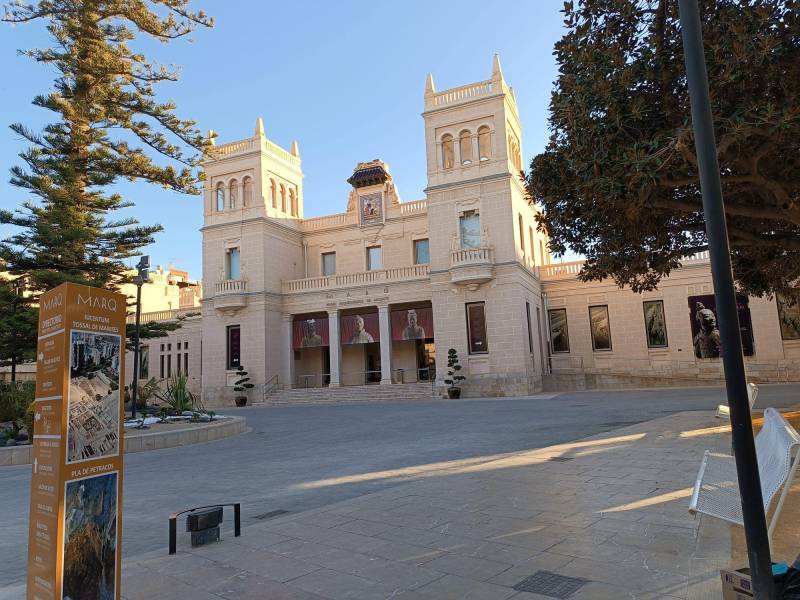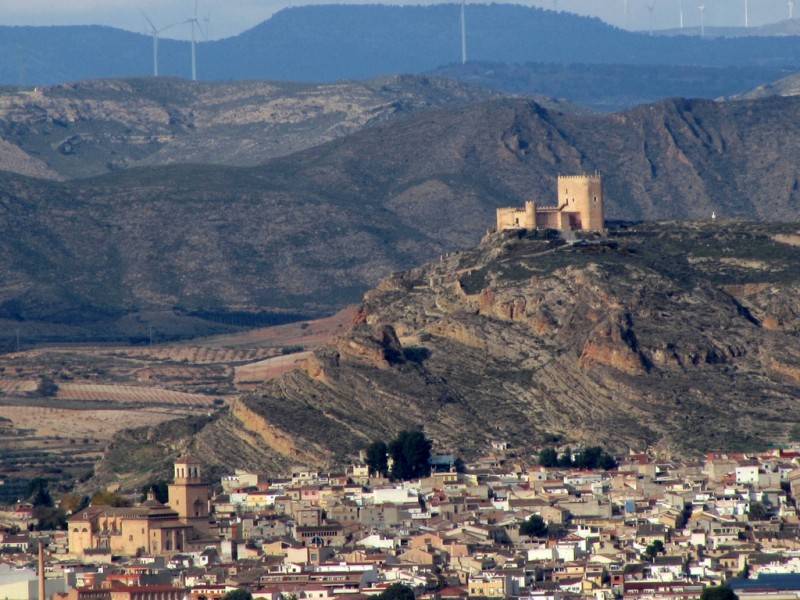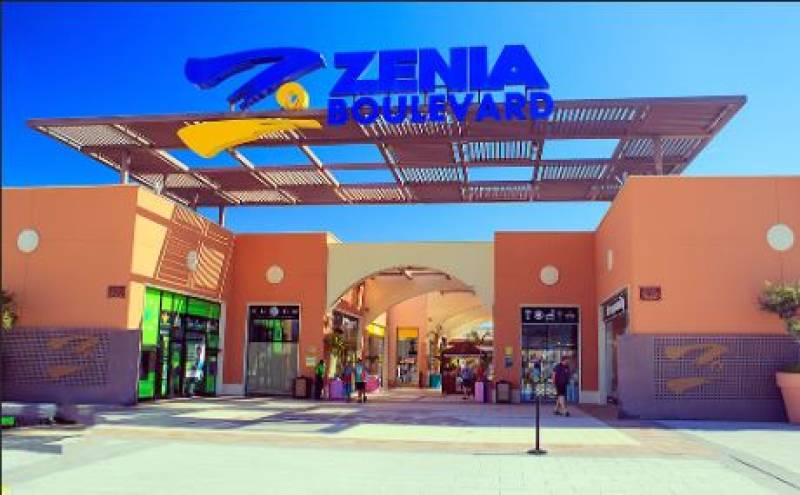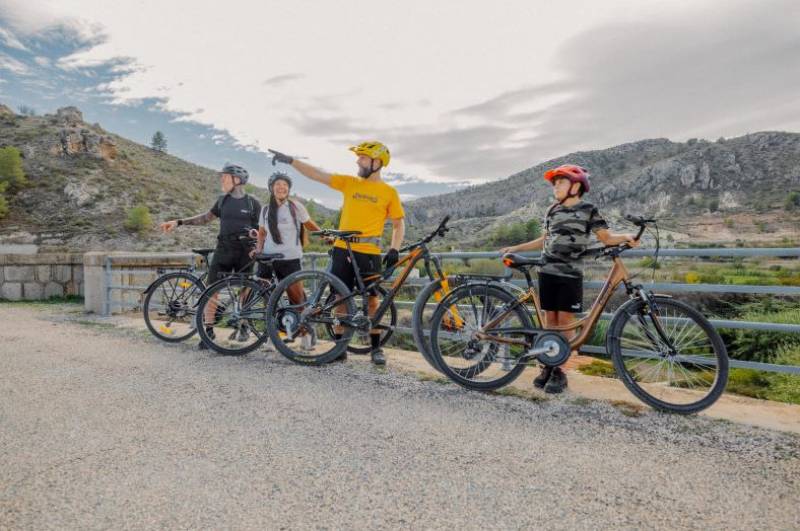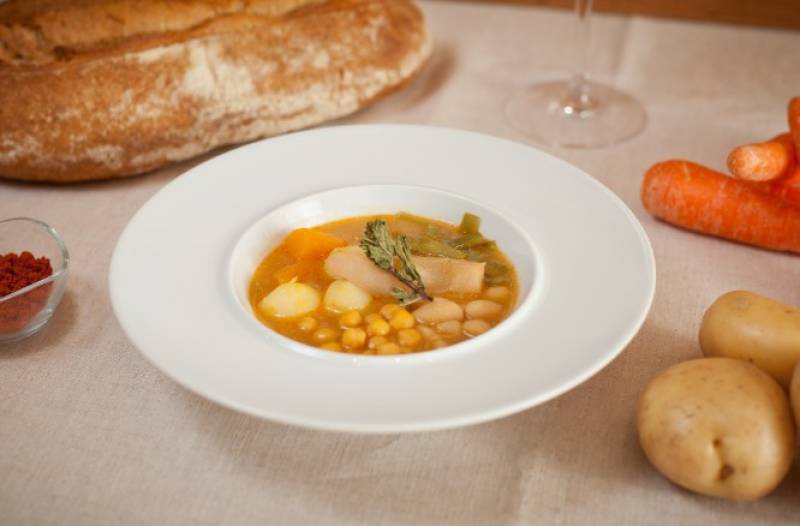

Guidelines for submitting articles to La Torre Golf Resort Today
Hello, and thank you for choosing La Torre Today.com to publicise your organisation’s info or event.
La Torre Golf Resort Today is a website set up by Murcia Today specifically for residents of the urbanisation in Southwest Murcia, providing news and information on what’s happening in the local area, which is the largest English-speaking expat area in the Region of Murcia.
When submitting text to be included on La Torre Golf Resort Today, please abide by the following guidelines so we can upload your article as swiftly as possible:
Send an email to editor@spaintodayonline.com or contact@murciatoday.com
Attach the information in a Word Document or Google Doc
Include all relevant points, including:
Who is the organisation running the event?
Where is it happening?
When?
How much does it cost?
Is it necessary to book beforehand, or can people just show up on the day?
…but try not to exceed 300 words
Also attach a photo to illustrate your article, no more than 100kb

The millennia-old wine producing traditions of Murcia
Superb winery and vineyard tours, tastings, meals and a wonderful all-round experience in the landscape of Murcia
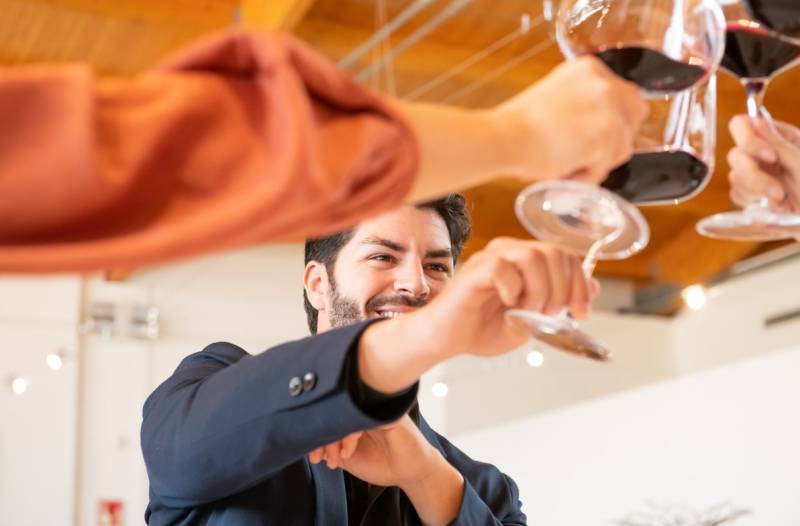 Many places in inland Murcia have recently been celebrating World Wine Tourism Day, with special events such as winery tours, museum visits, tastings and fiestas to celebrate the end of the grape-picking season, and although it might not be the main attraction of the Costa Cálida for visitors and autumn sunseekers the Region has every right to count itself among the most historic wine-producing areas of the western Mediterranean.
Many places in inland Murcia have recently been celebrating World Wine Tourism Day, with special events such as winery tours, museum visits, tastings and fiestas to celebrate the end of the grape-picking season, and although it might not be the main attraction of the Costa Cálida for visitors and autumn sunseekers the Region has every right to count itself among the most historic wine-producing areas of the western Mediterranean.
The deep-rooted vines represent deep-rooted traditions, and this, along with the special climate of south-eastern Spain, lends a very special character to the wines produced in the area.
In turn, this gives rise to some very attractive propositions for wine tourists, be they professionals or just curious visitors who enjoy a glass or two!
The cultivation of grapes and the production of wine go back thousands of years in the Region of Murcia. Various Mediterranean cultures including the Phoenicians, the Greeks, the Iberians and the Romans helped bring wine culture to this part of Europe from further east, and it was the Romans who made wine a part of the daily diet for certain social classes, establishing the idea that food and drink could be a source of pleasure as well as meeting nutritional needs.
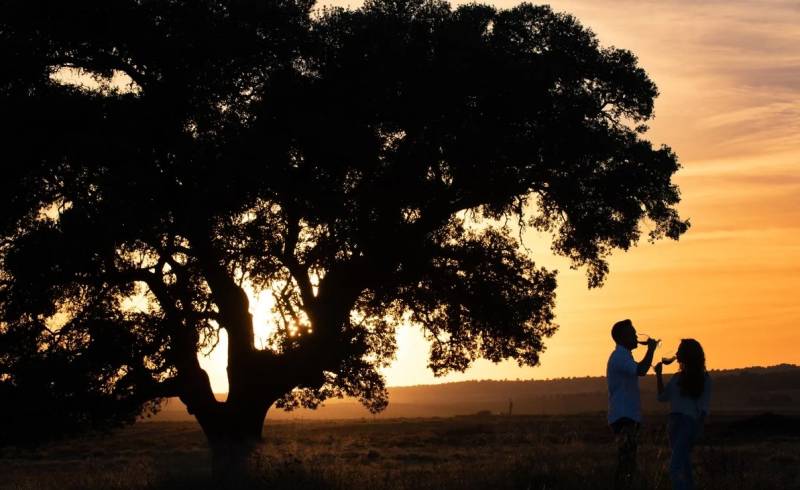 Of course, this legacy, like so many others left by the Romans, is still very much alive today, not only in the culture of Spain but also in its landscapes. In Murcia the production of wine has adapted to the environment and the dry, sunny climate as it has focussed on the hardiest strains of grape, especially the Monastrell. Almost 80 per cent of Murcia’s wine production is Monastrell, and the typical product is rich in alcohol, low-to-medium in acidity, very deeply coloured and with plenty of tannin.
Of course, this legacy, like so many others left by the Romans, is still very much alive today, not only in the culture of Spain but also in its landscapes. In Murcia the production of wine has adapted to the environment and the dry, sunny climate as it has focussed on the hardiest strains of grape, especially the Monastrell. Almost 80 per cent of Murcia’s wine production is Monastrell, and the typical product is rich in alcohol, low-to-medium in acidity, very deeply coloured and with plenty of tannin.
Other varieties of red wine grape are also grown, including Garnacha, Garnacha Tintorera, Cencibel and Cabernet Sauvignon, while whites are derived from Macabeo, Airén and Pedro Ximénez vines. This wide diversity makes it posible to produce a healthy range of wines, from young, fruity products to complex blends and some elegant natural sweet wines.
At present there are three recognized denominations of origin in the Region of Murcia - Bullas, Jumilla and Yecla – and all are represented by both traditional and modern “bodegas” (wineries). Many are open to the public (see the regional tourist board’s wine tourism guide, unfortunately available only in Spanish), and the Wine Routes of each denomination help visitors to find out about not only the wines but also the local cultural and gastronomic heritage as well as the landscapes which define each label.
Known for its robust and expressive wines, Jumilla combines tradition with the cutting Edge of technological innovation. Many of the wineries are architecturally modern and they offer a variety of experiences for visitors to enjoy, including tastings among the large barrels in which wine is matured and visits to the centuries-old vineyards. This is where the Monastrell grape reaches the peak of expressivity, with many locally produced wines having been awarded international prizes.
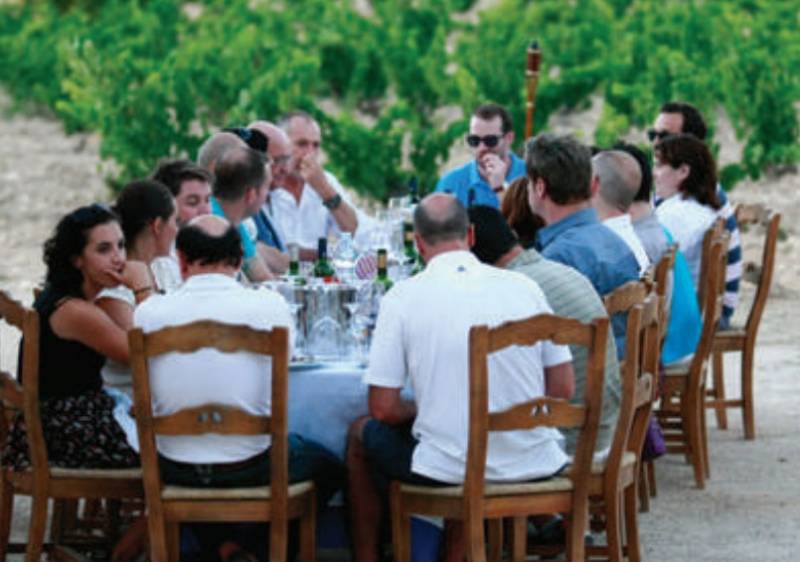
Jumilla’s neighbour produces less wine but Yecla retains its own identity, and has carved a niche for itself in the field of quality and sustainability within wine production. The wine route offers some great weekend breaks, allowing you to enjoy, natural, cultural and gastronomic refreshment!
Located in the cool mountain air of north-west Murcia, Bullas produces subtle, elegant wines with scents of fruit and flowers. The Wine Museum and the old stone cellars which have been excavated are a delight for those exploring the history of wine-making!
Apart from these three PDO (Protected Designation of Origin) labels, it shouldn’t be forgotten that the wine of the Campo de Cartagena enjoys PGI (Protected Geographical Indication) status for the products which reflect the influence of an even drier Mediterranean climate, and is especially well-known for its sweet dessert wines.
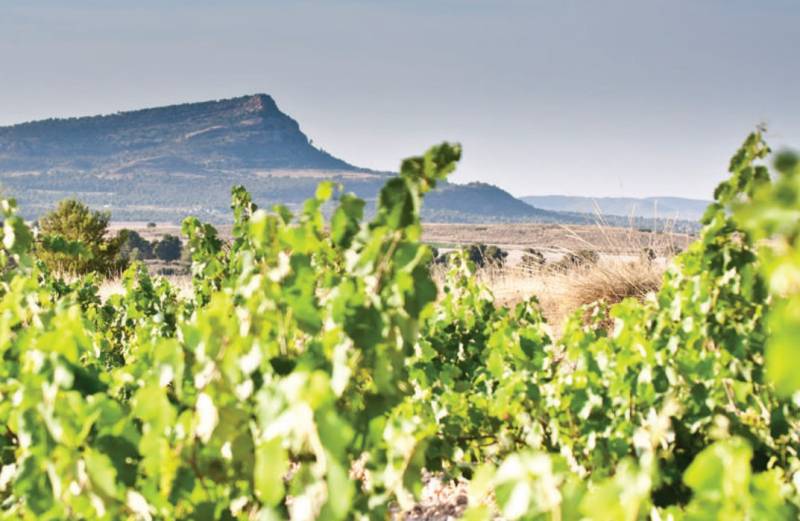
Wine tourism in the Region of Murcia continues to grow healthily, with bodegas holding fascinating guided visits, tastings, sensorial workshops, grape-picking days and gastronomic pairings combining local food and wine. During a visit you can get to see the whole process of wine-making, from picking to bottling, as well as learning about the unique characteristics of the Murcia “terroir” (soil and climate) and how they influence the end product. The tourist board recommends 17 enjoyable visits in their online guide here, but there are plenty more available!
Source: ITREM
 The hog roast is, by all accounts, exquisite, with melt-in-your-mouth pork and homemade Apple sauce that is not too sweet and not too sharp – just right! It is one of the best hog roasts you'll ever have in your life.
The hog roast is, by all accounts, exquisite, with melt-in-your-mouth pork and homemade Apple sauce that is not too sweet and not too sharp – just right! It is one of the best hog roasts you'll ever have in your life.- Telephone/WhatsApp: 0034 643 09 28 63
- Email: iulau4@yahoo.com
- Facebook: Julian's perfect Hog Roast Murcia







